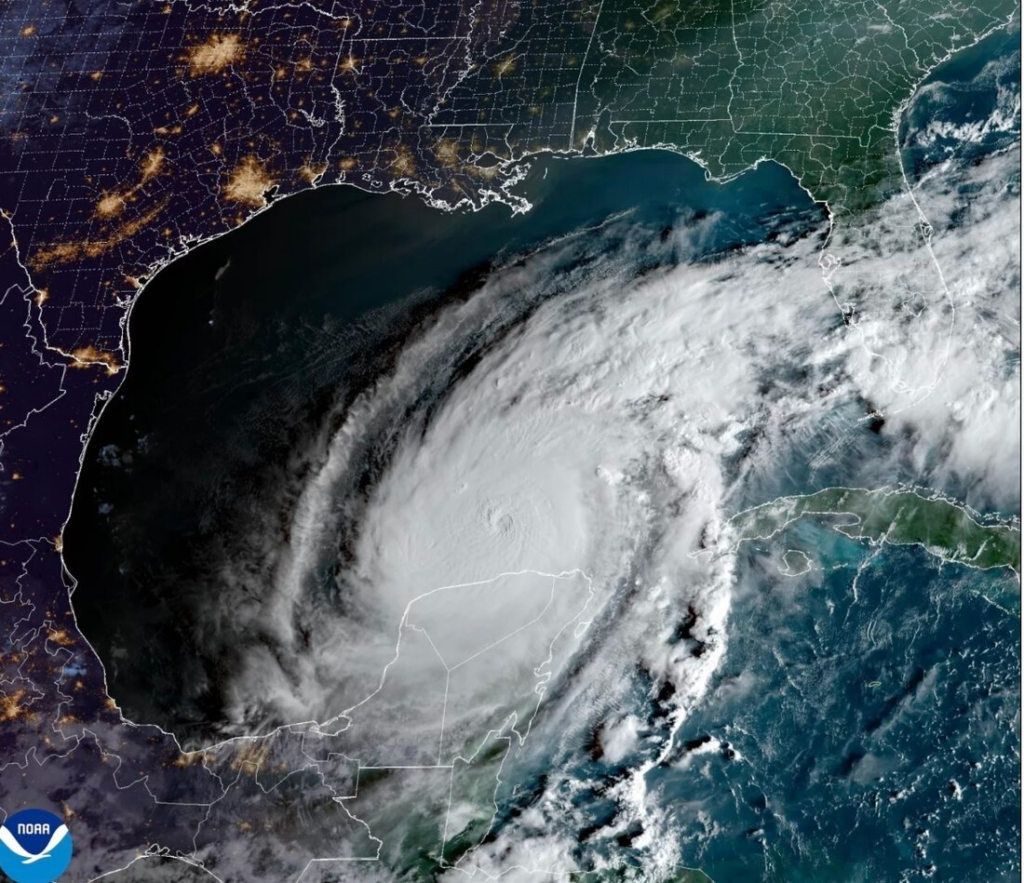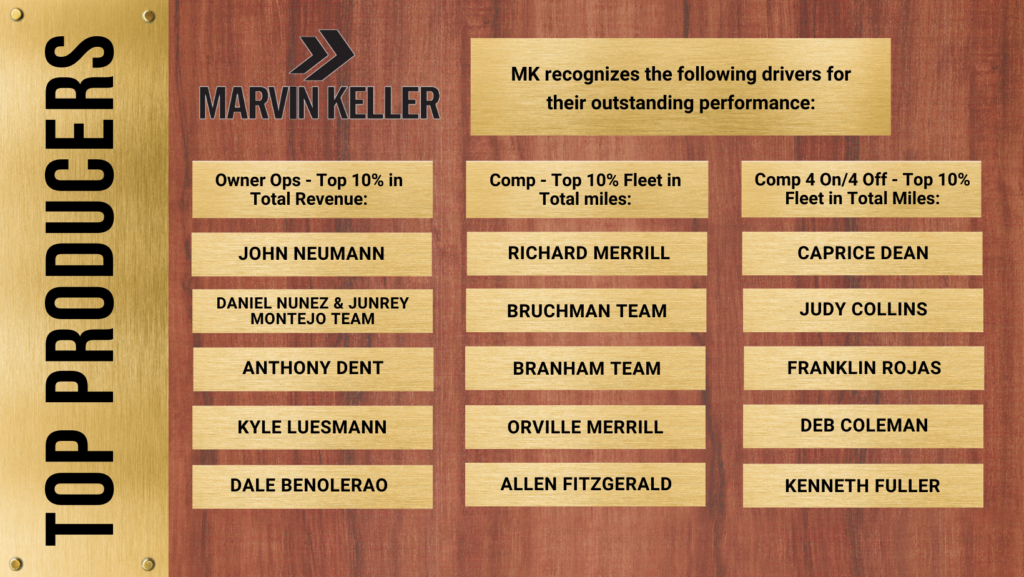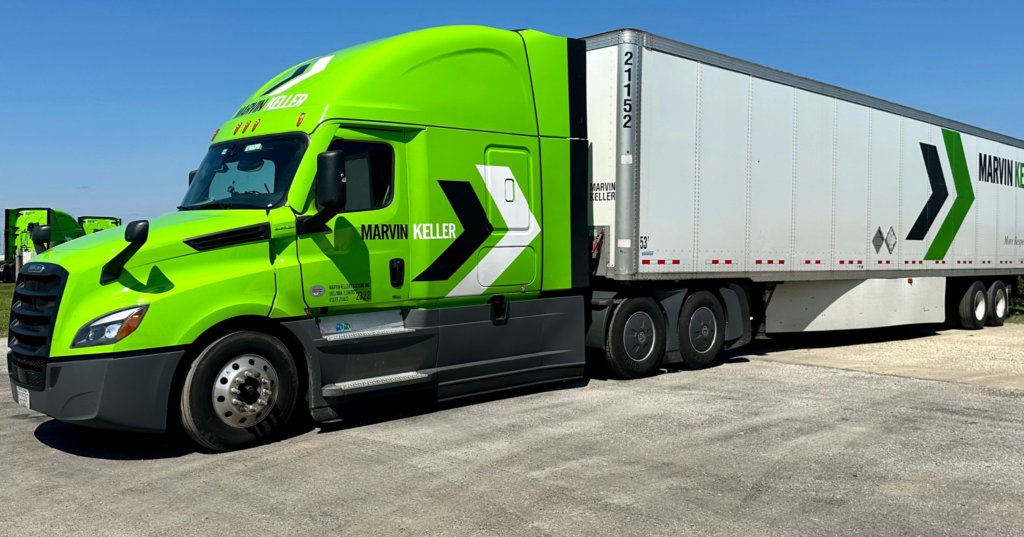
If you’ve been concerned about the state of freight lately, you’re not alone. It’s been a particularly stressful couple of years, and it’s not just the little guys; no trucking company is immune to the current freight downcycle. Profit margins have been down at all of the major trucking companies and 3PLs, including Marten, Schneider, Werner, and RXO. It’s hard to say for sure when the market will turn, but most industry experts expect capacity to normalize sometime in 2025.
The current economic conditions have too many carriers chasing fewer loads, driving rates down. In order for this to normalize, carriers must exit the market, and this is happening. Larger carriers are downsizing to get by in the current economy and small mom-and-pop shops are exiting the market. While this adjustment is unpleasant, this is the normalization that is needed to bring the freight market back to equilibrium. Election uncertainty is also keeping rates static as companies and people pause spending while awaiting the results.
The right attitude to get through the downcycle is to maintain a long-term approach, focusing on good operational performance. The planning team will implement this by working to reduce downtime and minimize empty miles. As a driver, you can work on the following:
- Practice good trip planning. You can be more efficient with your time if you know your routes and where you may need to stop for fuel or breaks.
- Give yourself extra time to reduce the risk of delays due to unforeseen circumstances such as traffic, weather, etc.
- If you have suggestions on how to improve, let us know. We welcome new ideas.
These are times to be innovative and cost-conscious in order to find ways to remain profitable. The market will turn, we just need to do everything we can to minimize loss and make the most of what’s out there. As always, ask your driver manager if you need help maximizing your time or need help scheduling break locations. We will get through these tough times and emerge more resilient than before.



